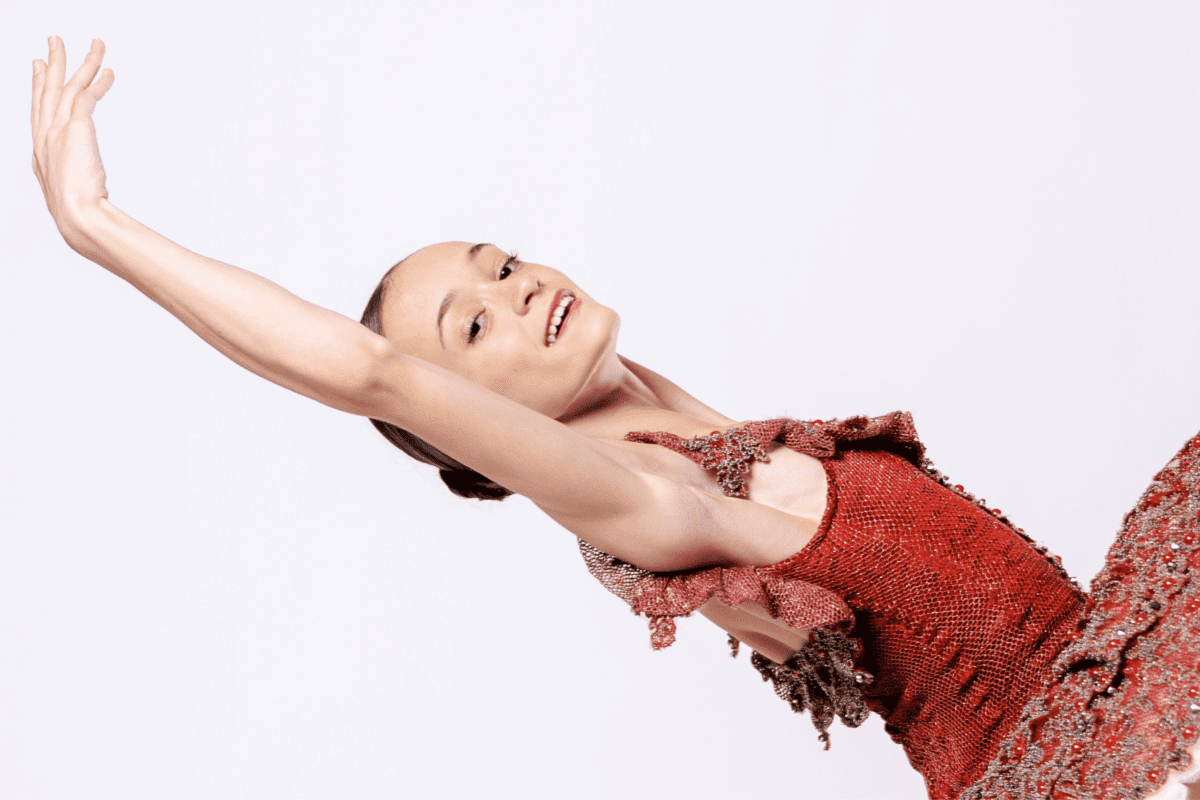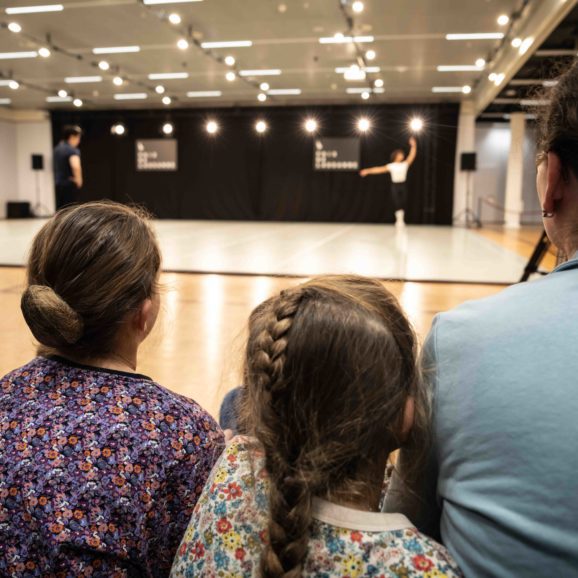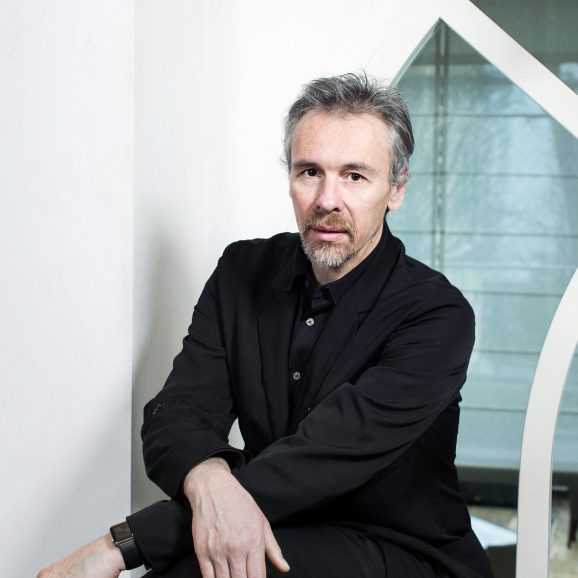The Prix de Lausanne has represented excellence in dance for entire generations. With its uniquely high set of standards it guarantees a healthy environment in which the dreams of the most talented young dancers around the globe can become a reality. I am honored to be a member of the Jury for the 2018 competition as I strongly believe in the Prix de Lausanne’s human and artistic values.
Demis Volpi is a choreographer and opera director and has created over 30 pieces world wide.
He trained with teachers such as Mario Galizzi, Wilhelm Burmann and Loipa Araujo and attended the Escuela de Danza del Instituto Superior de Arte del Teatro Colón, Canada’s National Ballet School and the Academy of the John Cranko School. He was a member of the Stuttgart Ballet until 2013, where he danced both the company’s classical and contemporary repertoire.
Demis Volpi started choreographing at the Noverre Society for Young Choreographers in 2006 and has since created ballets for companies such as American Ballet Theatre, Badisches Staatsballett, Ballet de Santiago de Chile, Ballet Nacional del Sodre in Uruguay, The Latvian National Ballet, Ballet Dortmund and Canada’s National Ballet School – where he was appointed Guest Artist in Residence in 2014.
After creating Krabat in 2013 Volpi was appointed Resident Choreographer of the Stuttgart Ballet, a position he held until 2017. He continues to explore the possibilities of story ballets and has created successful productions of The Nutcracker for the Ballet of Flanders and Salome for the Stuttgart Ballet.
He has been awarded the Erik Bruhn Prize, the Chilean Cultural Critics’ Award and the German Dance Prize Future. He was nominated for the Prix Benois de la Danse for Salome and was named Up and Coming Artist of the Year in the critics’ choice of the magazine Opernwelt for Death in Venice in which he overcame the limits of different theatre genres.



